Charles Wesley
Showing all 9 results
-
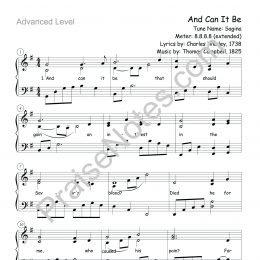
And Can It Be
$1.95 Advanced Level —And Can It Be was first published in John Wesley's Psalms and Hymns in 1738, then in Hymns and Sacred Poems in 1739. From middle of the nineteenth century on, "And Can It Be" has been set to the tune SAGINA.Add to cart -
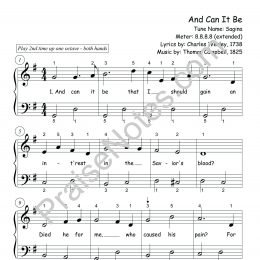
And Can It Be
$1.95 Beginner Level — And Can It Be was first published in John Wesley's Psalms and Hymns in 1738, then in Hymns and Sacred Poems in 1739. From middle of the nineteenth century on, And Can It Be has been set to the tune SAGINA.Add to cart -
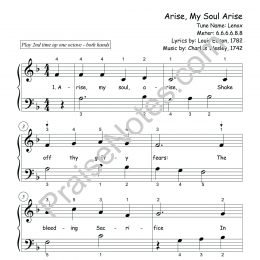
Arise My Soul Arise
$1.95 Beginner Level — Arise, My soul, Arise, written in 1742, is one of Charles Wesley's most popular hymns. It has been published in 773 hymnals.Add to cart -
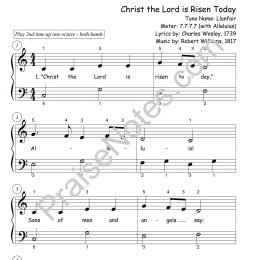
Christ the Lord is Risen Today
$1.95 *Beginner Level — Christ the Lord Is Risen Today, written by Charles Wesley, is the traditional processional hymn on Easter Sunday.Add to cart -
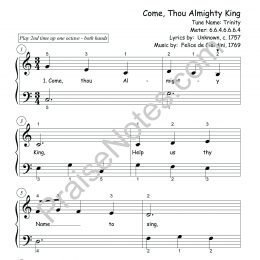
Come Thou Almighty King
$1.95 * Beginner Level — Charles Wesley published the words of over six thousand hymns, writing the words for a further two thousand, many of which are still popular, including Come, Thou Almighty King.Add to cart -
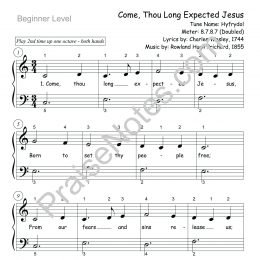
Come, Thou Long Expected Jesus
$1.95 Beginner Level — Charles Wesley (18 December 1707 - 29 March 1788), author of Come, Thou Long Expected Jesus, published the words of over six thousand hymns, writing the words for a further two thousand, many of which are still popular.Add to cart -
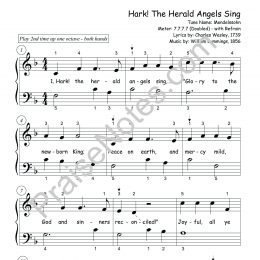
Hark! The Herald Angels Sing!
$1.95 * Beginner Level — Charles Wesley (18 December 1707 - 29 March 1788), author of Hark! The Herald Angels Sing! was an English leader of the Methodist movement, son of Anglican clergyman and poet Samuel Wesley, and the younger brother of Anglican clergyman John Wesley, who founded the Methodist church.Add to cart -
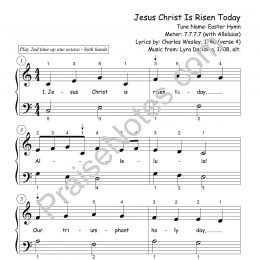
Jesus Christ is Risen Today
$1.95 * Beginner Level — Jesus Christ Is Risen Today was first written in Latin in the 14th century by an unknown author. In 1740 Charles Wesley added a fourth verse. The hymn is also noted for having Alleluia as a refrain after every line.Add to cart -
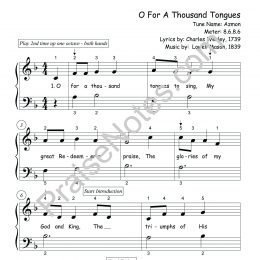
O For A Thousand Tongues To Sing
$1.95 Beginner Level — To commemorate the renewal of his faith following a particularly difficult illness, Charles Wesley wrote an 18-stanza poem, beginning with the opening lines Glory to God, and praise, and love,/Be ever, ever given. It was published in 1740. The seventh verse, which begins, O For A Thousand Tongues To Sing.Add to cart
